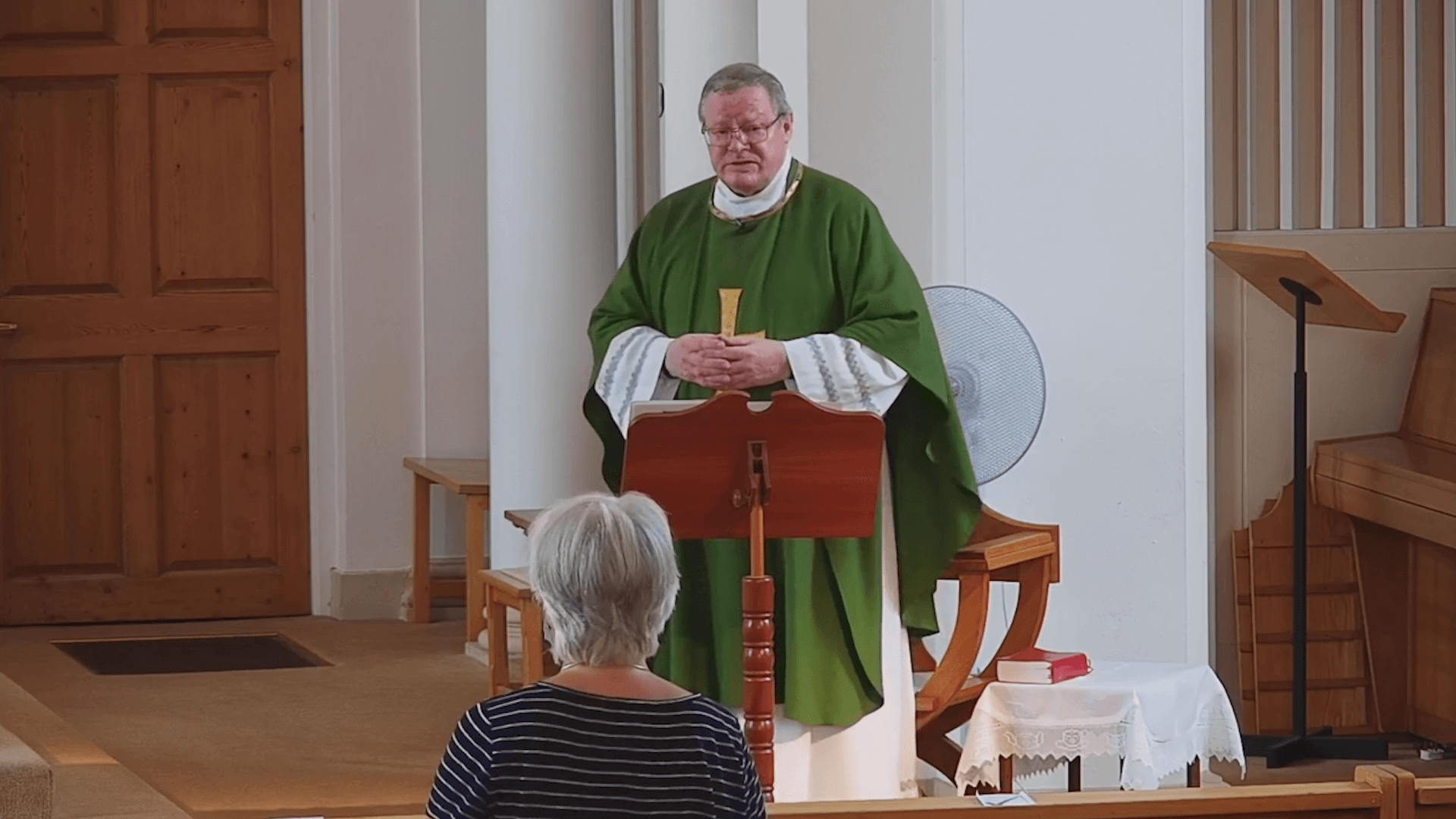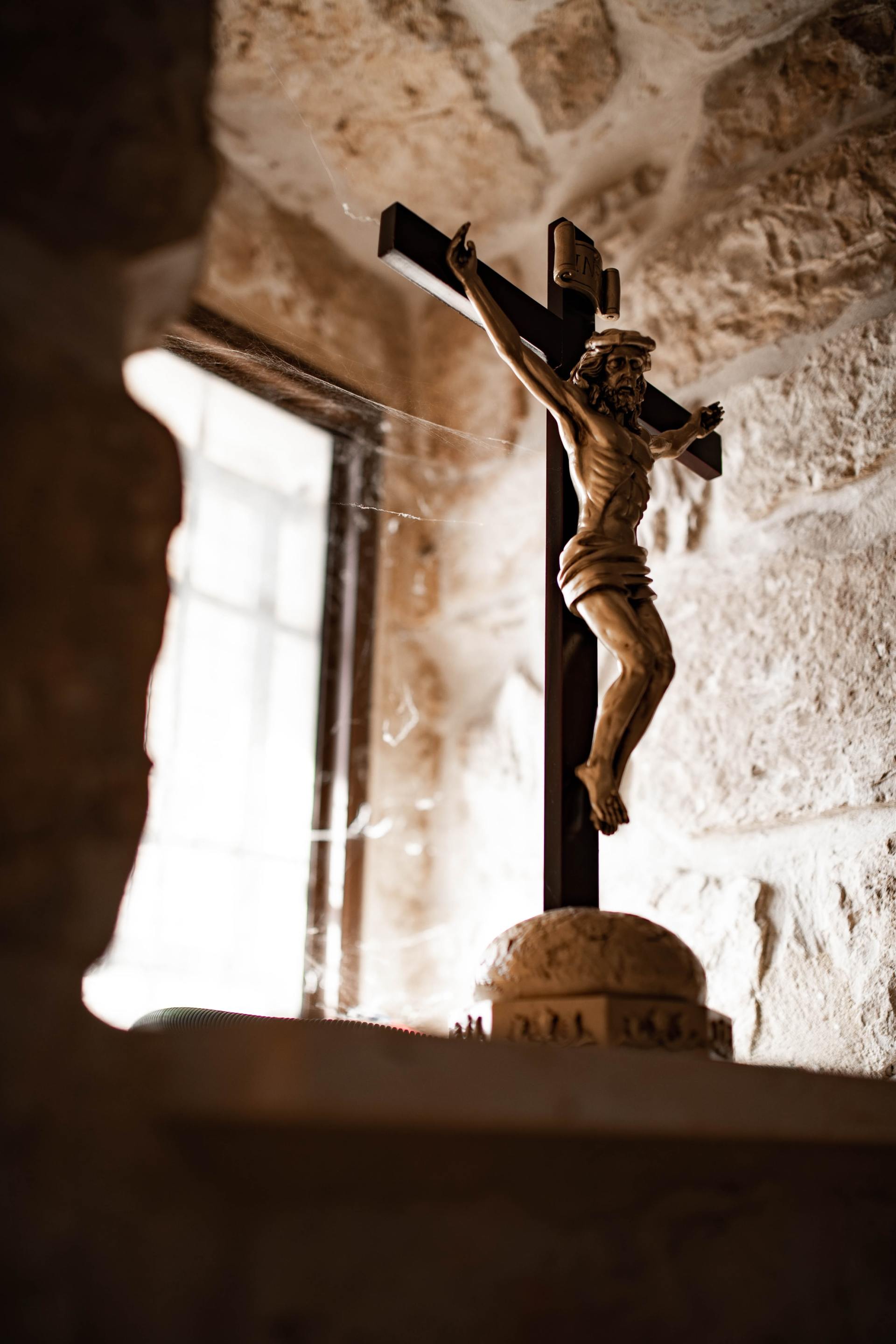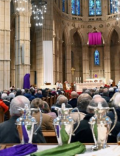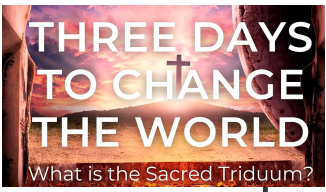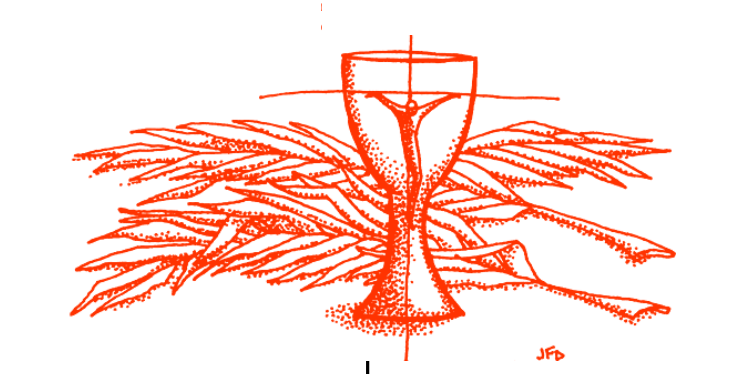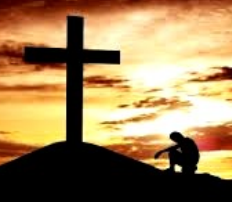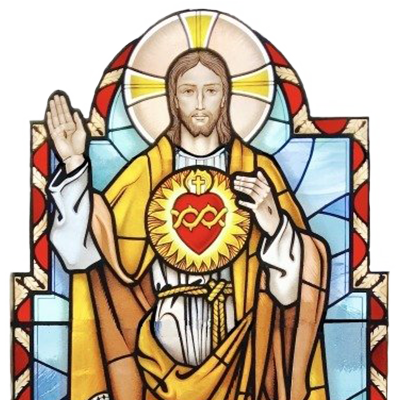8st August 2021

In the continuation of the reading from John 6 there is a movement to another level of understanding of what Jesus means by “bread:” from material bread, to the bread that is the work of faith, and now to the bread that is Jesus himself. We should not be too eager to hurry on to eucharistic references - not yet. The challenge to the people is to recognise Jesus as the revelation of God’s word. When they come to him and accept to be taught his wisdom, his words become a source of life. In his person and words, Jesus sets before the people a feast that will be nourishment for eternal life. The religious leaders ae foolishly certain that they know all about him because they know his parentage. They have closed the ears of their hearts to anything Jesus has said about “my Father” and the unique relationship of this Father and Son. They are not ready for a surprising God, for a God who can be present in the prosaic and ordinary, present in this man who claims to have been sent by God, to speak the words of God, to have seen God, and who has the temerity to endorse himself by the teaching of the prophets and compare himself more favourably with some of the wonderful events of Israel’s past, such as the feeding with the manna that was God’s gift from heaven. From speaking of “this bread” of his teaching. Jesus now unambiguously points to himself: “I am the living bread that came down from heaven,” says Jesus. The manna was sustenance for a time but Jesus’ revelation will nourish for eternity; the manna fell from heaven but, as John proclaimed at the beginning of his gospel, Jesus is the Word who was with God and was God from the beginning and who came from the place close to the Father’s heart to make God known in our human flesh (John 1:1, 14, 18).
This weekend’s gospel concludes with Jesus speaking of the bread he will give for the life of the world as “my flesh.” There may be some eucharistic hints here, but the word “flesh” (sarx) refers first of all to Jesus’ humanity, his way of being in the world and his self-gift to the world. This is his mission, a consequence of the Father’s love for the world (John 3:16), that will lead him into his death and resurrection for the life of the world. How this relates to the Eucharist will be further revealed as we continue to listen to the bread of life discourse on the following two weekends.
There are always options available to us in our journey of faith. Like Elijah we may feel it would be easier to opt out, perhaps with a struggle, perhaps with a whimper, and often because thee is no “angel” around to help us. Or we may join the ranks of the murmurers, resistant to new ideas, new wisdom, new interpretations, even from the highest teaching authority in the Church - an ecumenical council such as Vatican II. Or we may continue to do the hard work of faith and come to Jesus to feed on his word and wisdom, given to us especially in the Scriptures, in the eucharistic Liturgy of the Word, and in our personal lectio divina.
